This is a nickname used for reporters who worked to expose political corruption, abuse of power, social injustices, and inequalities. They wanted to shine a light on social problems.
Muckrakers 
This domestic terrorist group used violence and intimidation to uphold "White Supremacy" in the South against African Americans and others. 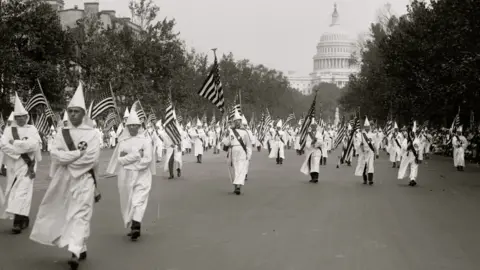
Ku Klux Klan (KKK)
This amendment banned the legal manufacture, transportation, and sale of alcoholic beverages in the United States. This law started Prohibition.
18th Amendment 
This national labor union represented skilled workers such as plumbers, carpenters, bricklayers, and machinists. Its leader was Samuel Gompers.
American Federation of Labor 
This government office setup after the civil war gave aid; education; jobs; and protection to Freed African Americans.
The Freedmen's Bureau
This photographer captured the cramped and run-down tenements in New York City. 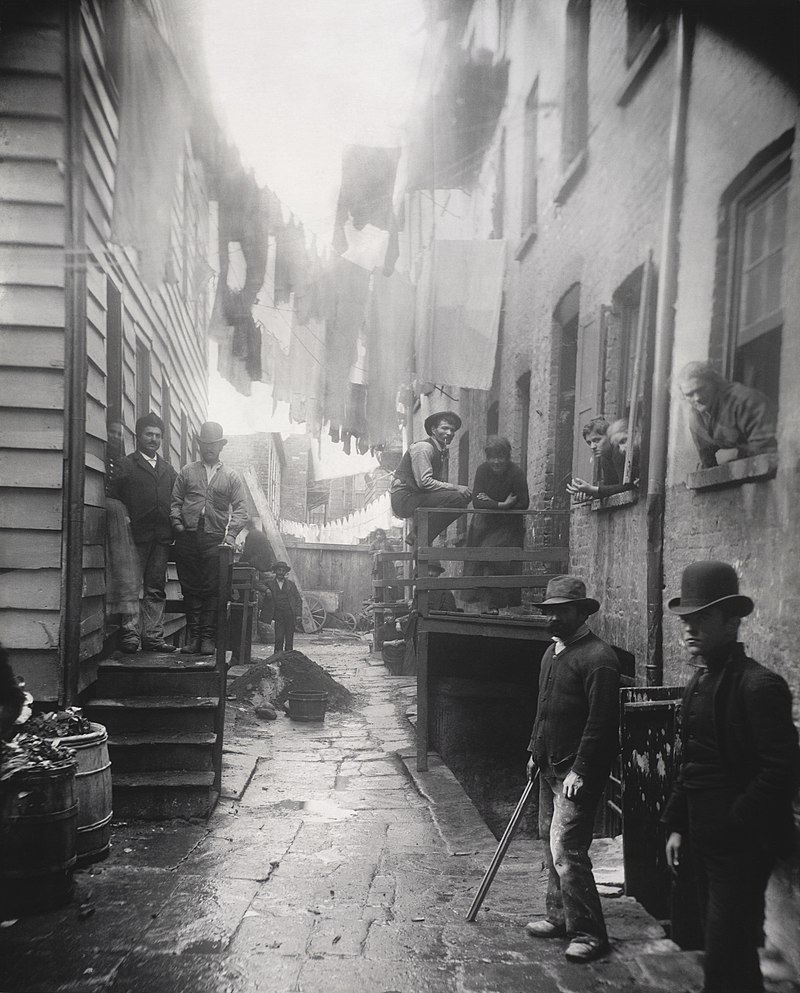
Jacob Riis
This civil rights activist promoted the idea that African Americans could overcome discrimination through self-improvement and education (vocational-skills). He did not believe Black Americans should publicly fight back against social segregation. 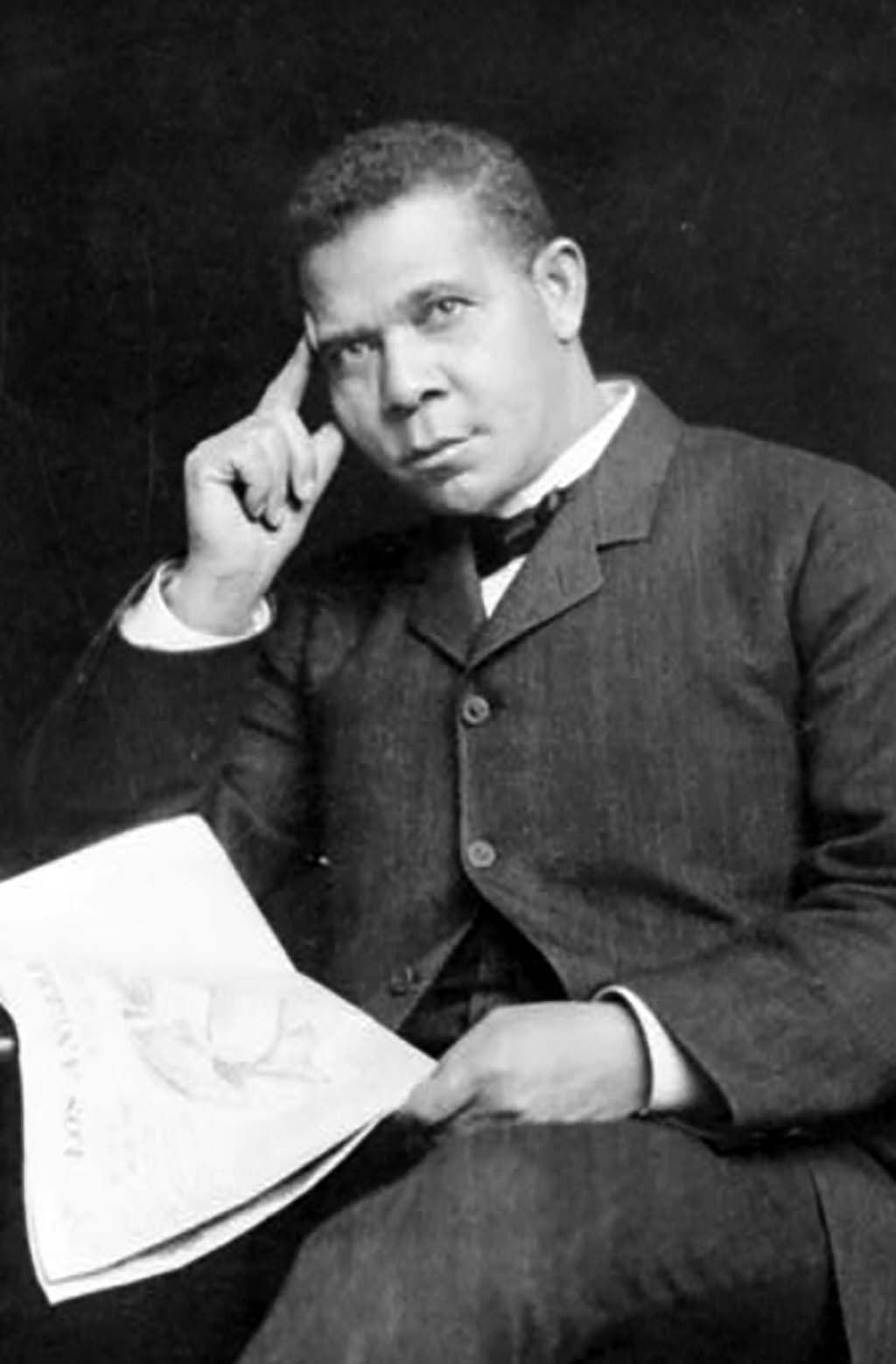
Booker T. Washington
This amendment allowed the Government the power to collect income taxes. These new taxes would be used to fund new government projects and services. 
16th Amendment
This labor strike occurred over a pay cut at a Carnegie Steel Plant outside of Pittsburgh, PA. The 1892 Strike resulted in 16 people dead and many injured.
The Homestead Strike.
This house made out of plains grass and dirt was a common type of shelter for Midwest homesteaders. It was popularized due to the expansive cost of lumber/wood.
Sod Houses
Activists like Susan B. Anthony; Alice Paul; and others protested and lobbied heavily the equal treatment of women in society. They pushed for women's suffrage or the right to __________.
The Right to Vote.
Who publicly fought out against lynching? She also co-founded the NAACP.
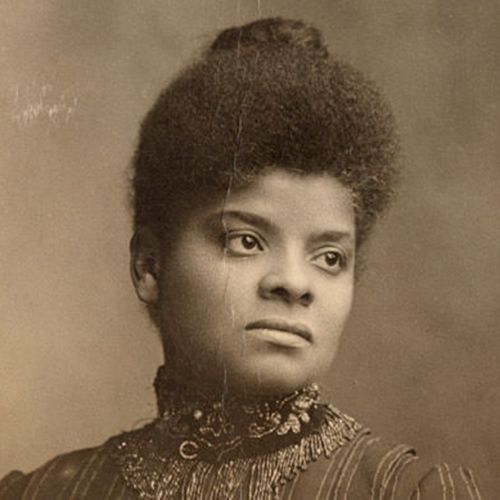 Ida B. Wells
Ida B. Wells
This amendment passed in 1920, finally promised the right to vote to women. 
19th Amendment 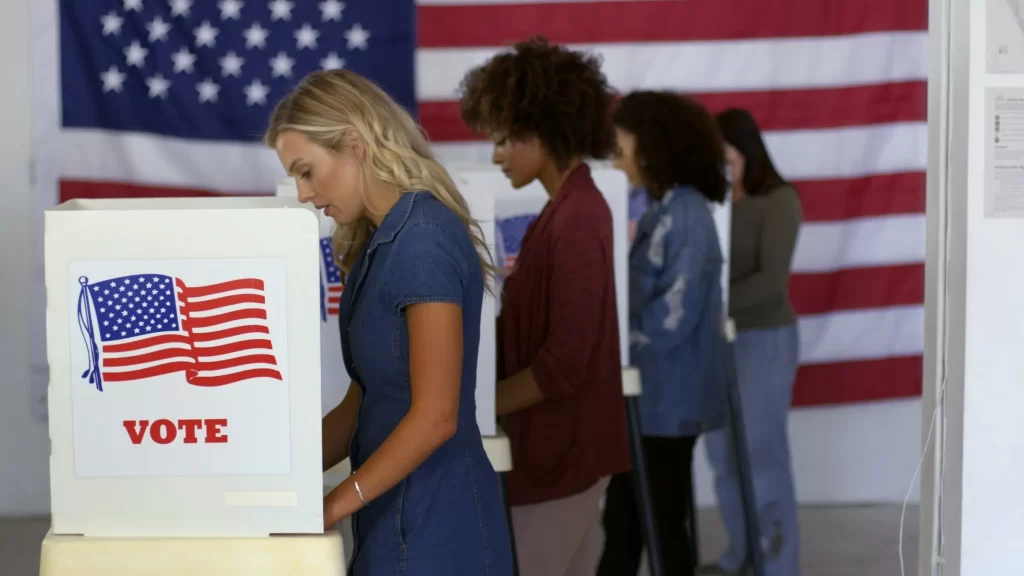
This workplace accident was one of the deathliest in American History. 146, mostly young immigrant women, died due to an uncontrolled fire and poor workplace conditions. This event spurred a series of safety reforms. 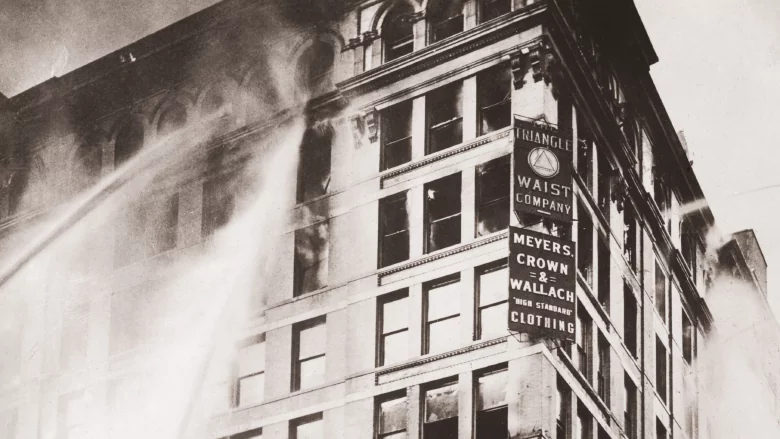
Triangle Shirtwaist Factory Fire (1911)
The Alaskan city of Juneau would be found in what region?
Non-contiguous
This reformer worked to uncover the horrors of the disgusting and dangerous meatpacking factories of Chicago. He publicized his discoveries in his novel, The Jungle. 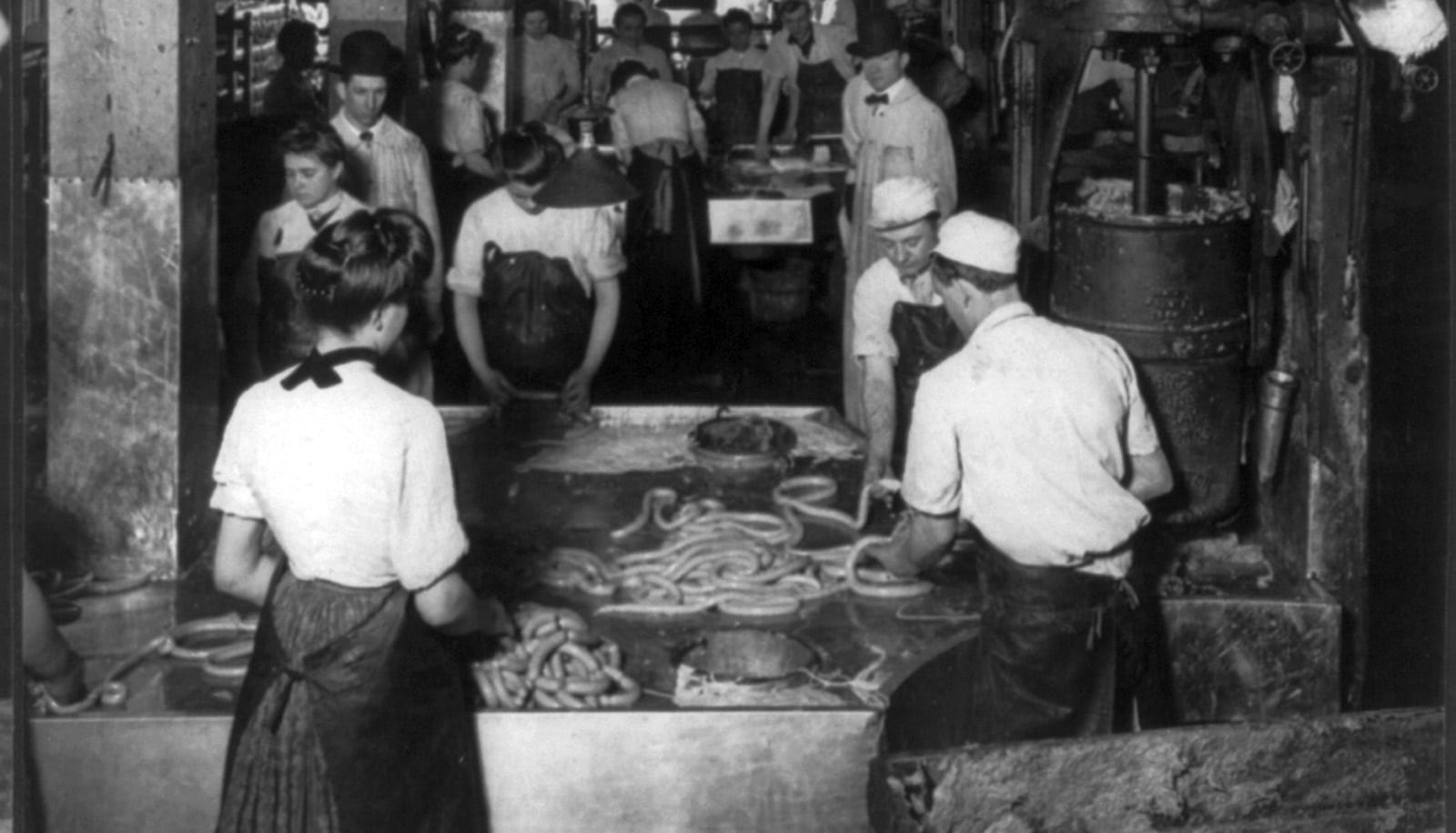
Upton Sinclair
This system, which emerged after the Civil War, allowed freed African Americans and poor whites to work land owned by someone else in exchange for a share of the crops, but often trapped them in cycles of debt.
Sharecropping
This federal law helped end political corruption (especially political machines) because it banned giving jobs to unqualified people.
Pendleton Act
In 1900, most children would be found where?
Working in unsafe factories.
This Captain of Industry was a Scottish immigrant who worked his way up to open a series of successful steel mills in Western PA. He later donated his life fortunes to charity (schools, music/art, and libraries)
Andrew Carnegie

NO, He is not the dude from "Jurassic Park". 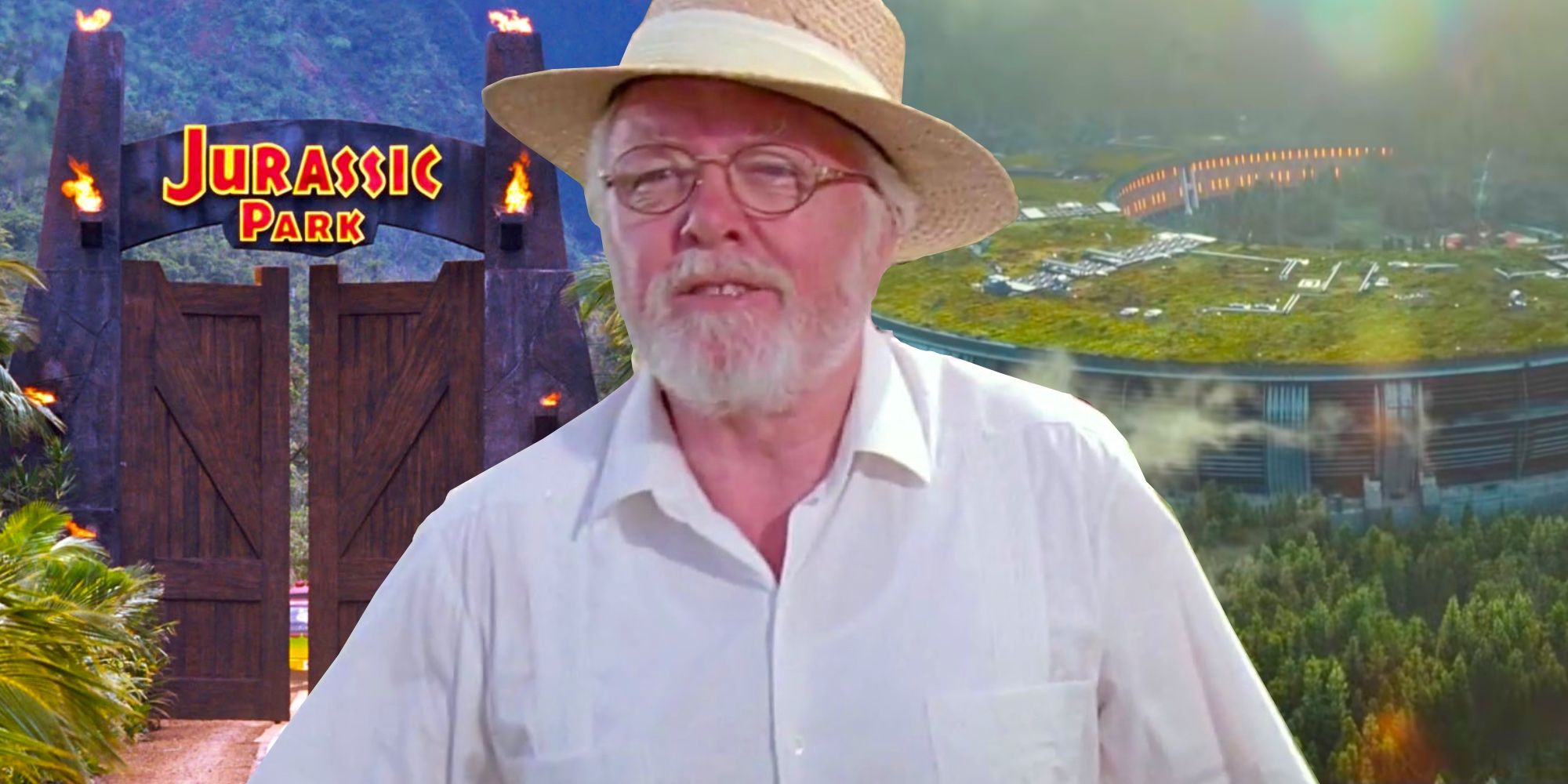
This President worked to fight for progressive causes like women suffrage; breaking up monopiles (Trust-Buster); establishing national parks.
Theodore Roosevelt
The Supreme Court case, Plessy v. Ferguson, ruled that segregation of businesses were legal as long as they were " ____________ But ________"
"Separate But Equal" 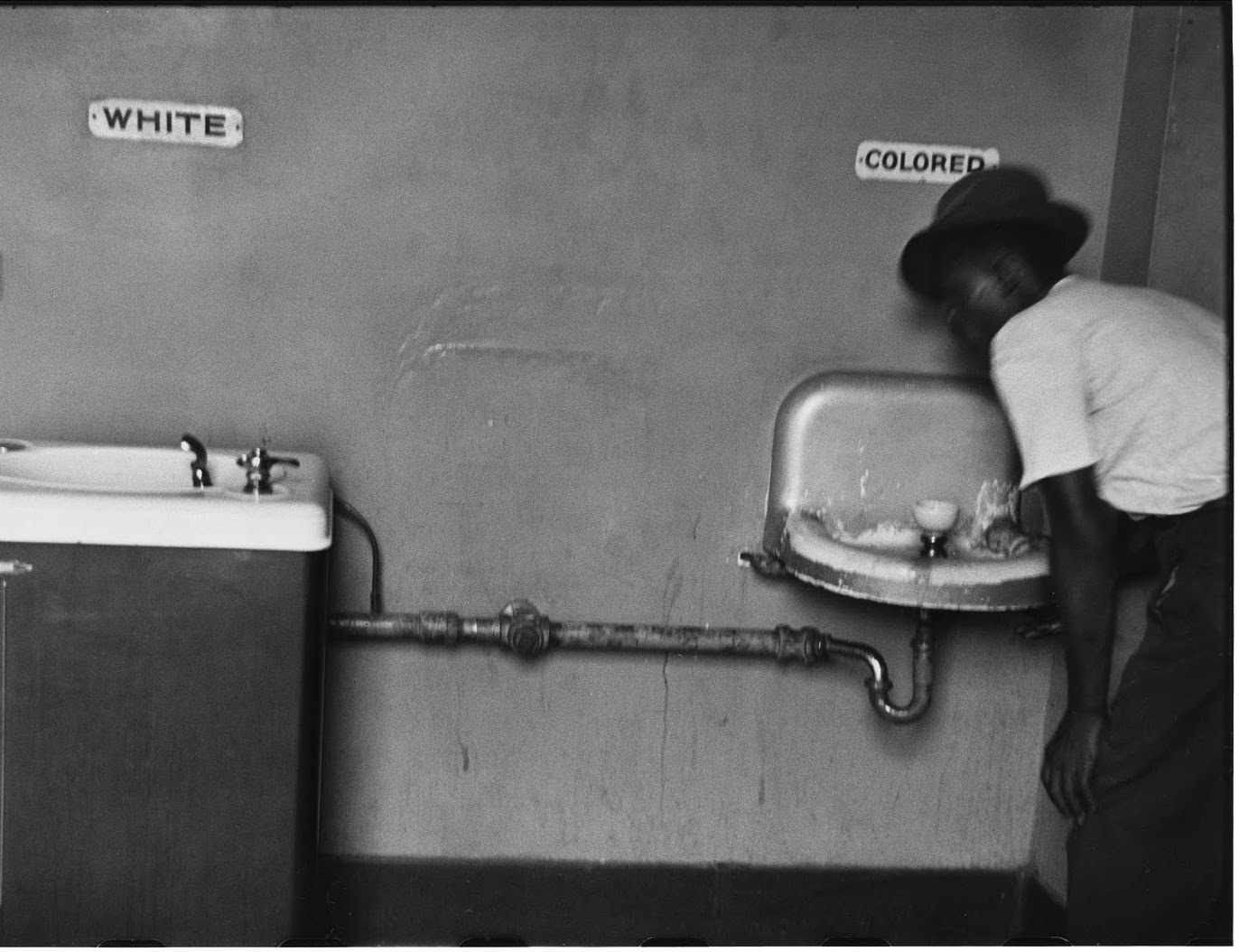
This constitutional amendment allowed the direct election of U.S. Senators by voters. This change gave the people more power over who represented them in gov't.
17th Amendment
This national labor union represented Chicago’s Pullman porters (people who helped passengers on trains.) It was the largest Black union. Its leader was A. Phillip Randolph.
Brotherhood of Sleeping Car Porters and Maids.
This law gave settlers 160 acres of land for free as long as they improved/farmed the land for 5 years. An effect of this law was to push Native Americans off their homelands.
Homestead Act.